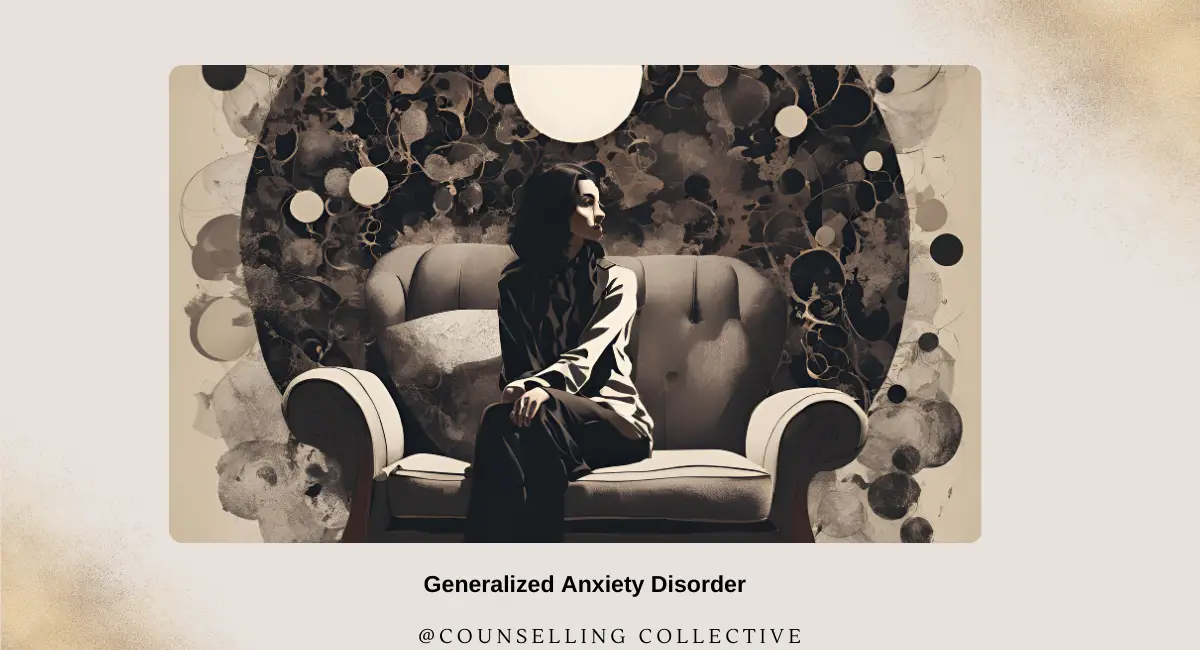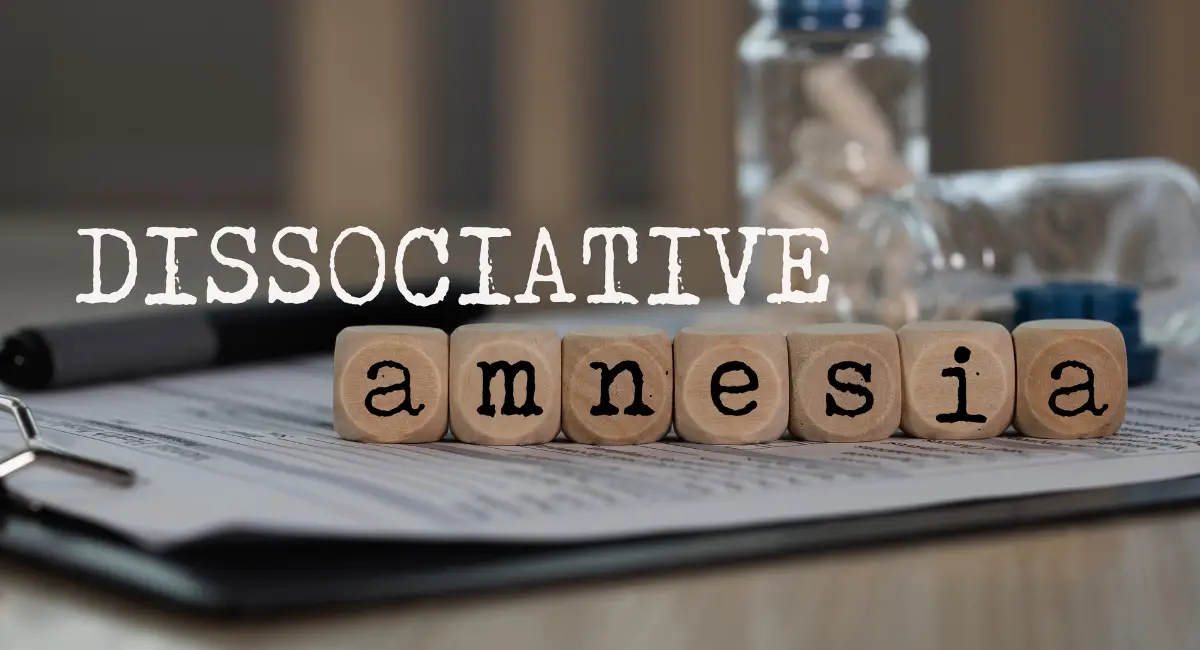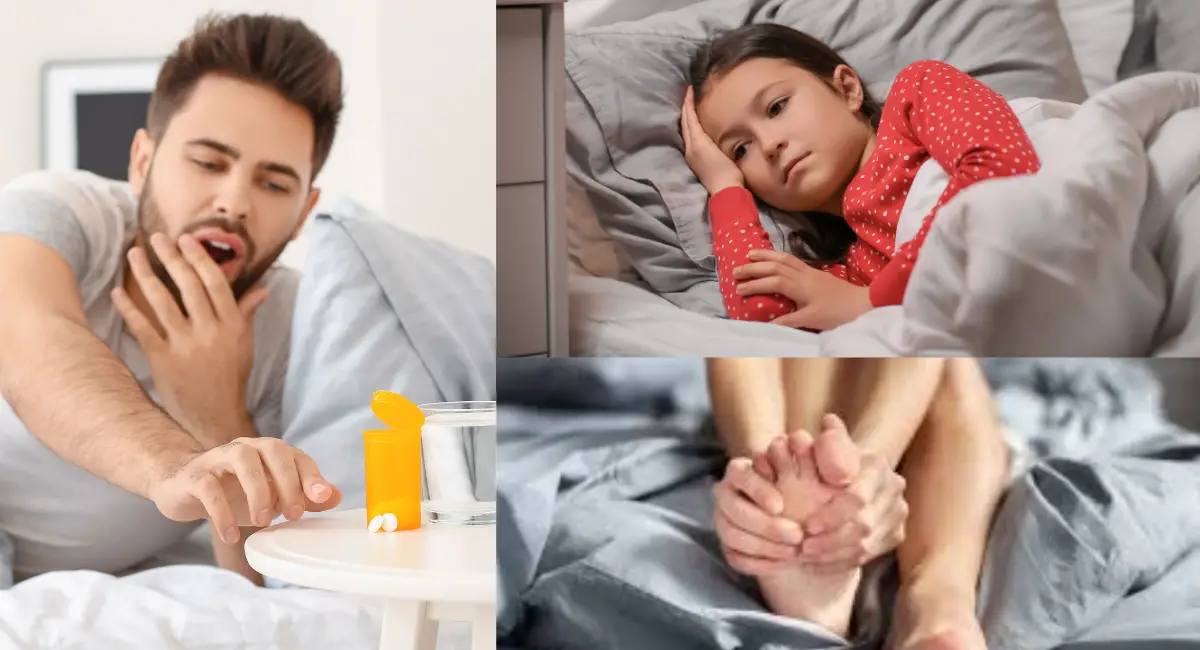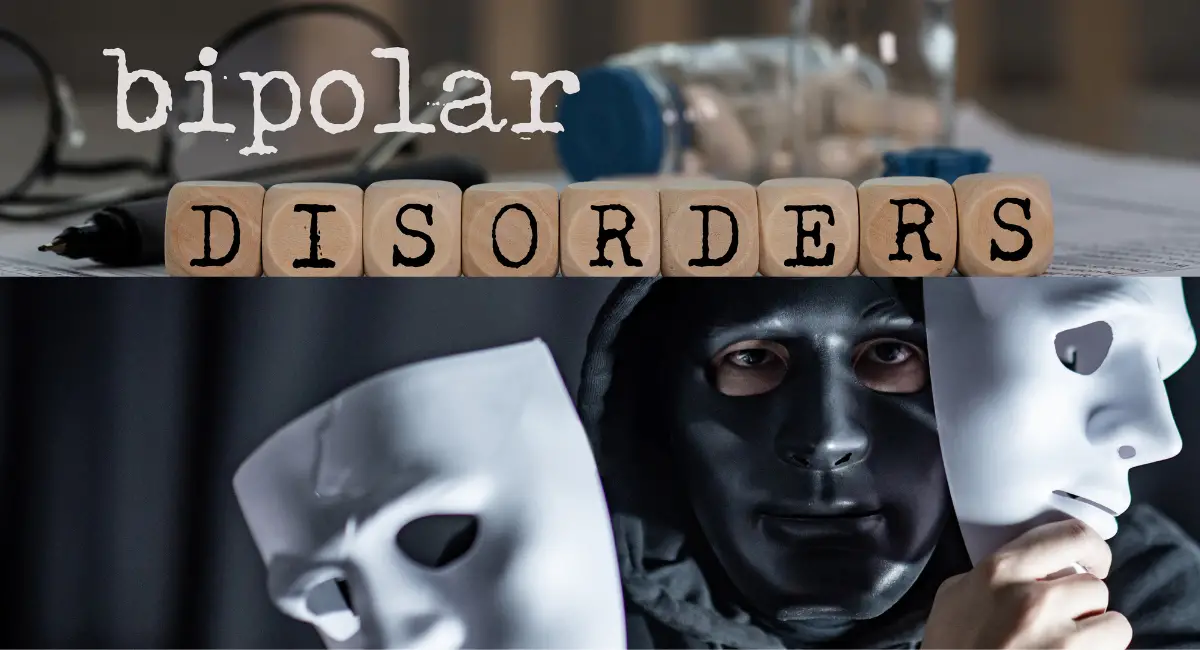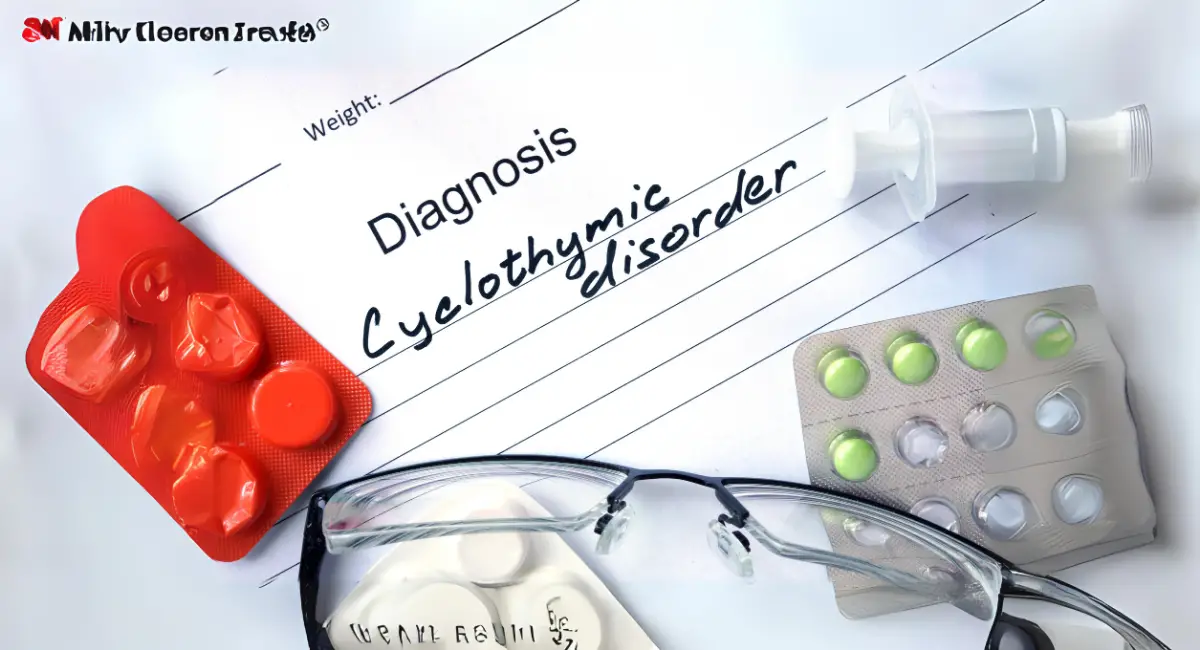Contents
Introduction
Substance Medication is a type of psychotic disorder triggered by the use of or withdrawal from certain substances, including drugs, alcohol, or prescribed medications. The hallmark of this disorder is the development of psychotic symptoms—such as hallucinations, delusions, or disorganized thinking—that are directly linked to substance use or withdrawal. Once the substance is removed, these symptoms typically subside, although in some cases, they may persist for longer periods or lead to more permanent psychotic disorders.
According to the Diagnostic and Statistical Manual of Mental Disorders, Fifth Edition (DSM-5), Substance Medication must be distinguished from other psychotic disorders, as the psychosis is primarily caused by the effects of the substance. The disorder can be triggered by various substances, including alcohol, cannabis, amphetamines, hallucinogens, and certain prescribed medications. This article will explore Substance Medication focusing on its Symptoms, Causes, and Therapy Options.
Symptoms of Substance Medication
The symptoms of Substance Medication typically occur during or shortly after substance use or withdrawal. They are similar to the symptoms seen in other psychotic disorders but are directly related to substance effects. Below is a table outlining the common symptoms of Substance/Medication-Induced Psychotic Disorder and examples of how they manifest in daily life:
| Symptom | Description/Example |
|---|---|
| Hallucinations | Seeing, hearing, or sensing things that are not present. For example, a person using amphetamines may hear voices that others cannot hear. |
| Delusions | Strongly held false beliefs not based on reality. For example, an individual may believe they are being spied on due to alcohol withdrawal. |
| Disorganized Thinking | Incoherent or illogical thought patterns. For example, a person withdrawing from cannabis may speak in a way that is difficult to understand. |
| Paranoia | Intense fear or suspicion of others. For example, a person using stimulants like cocaine may become paranoid and believe they are being followed. |
| Agitation or Restlessness | Excessive energy, irritability, or anxiety, often seen in individuals withdrawing from substances like alcohol or benzodiazepines. |
| Cognitive Impairment | Difficulty with memory, focus, or decision-making, which can occur during intoxication or withdrawal. For example, a person might have trouble concentrating or remembering tasks during alcohol withdrawal. |
Causes and Risk Factors of Substance Medication
The primary cause of Substance Medication is the use or withdrawal from substances that alter brain function. The type of substance, the duration of use, and individual vulnerability all contribute to the risk of developing this disorder. Below are key causes and risk factors:
Major causes that we will discuss, include: Substance Use, Withdrawal from Substances, Medications, Individual Vulnerability:
1. Substance Use
Various substances, including alcohol, recreational drugs, and certain medications, can induce psychotic symptoms. The risk of psychosis is higher with substances that affect neurotransmitters like dopamine and serotonin, which play a role in regulating mood and perception.
- Stimulants (such as cocaine, methamphetamine, and amphetamines) are known to increase dopamine levels in the brain, which can lead to delusions, hallucinations, and paranoia.
- Hallucinogens (such as LSD or psilocybin) can cause intense visual and auditory hallucinations, as well as distorted thinking, during intoxication.
- Alcohol and benzodiazepine withdrawal can lead to delirium tremens, a severe withdrawal state characterized by hallucinations, confusion, and agitation.
Jake, a 29-year-old man, used methamphetamine for several months. During periods of heavy use, he began to hear voices telling him he was being watched by the government. His paranoia grew so severe that he isolated himself from his friends and family. After stopping methamphetamine, his psychotic symptoms subsided, and he was diagnosed with Substance Medication
2. Withdrawal from Substances
Substance Medication can also occur during the withdrawal phase, especially with substances like alcohol, benzodiazepines, or opioids. Withdrawal from these substances can cause severe mental and physical reactions, including psychotic symptoms.
- Withdrawal from alcohol or benzodiazepines can lead to delirium tremens, a life-threatening condition characterized by hallucinations, confusion, agitation, and seizures.
- Opioid withdrawal can cause severe agitation, anxiety, and psychotic symptoms in some individuals.
- Cannabis withdrawal can also trigger temporary psychotic episodes, especially in individuals with a predisposition to mental illness.
John, a 34-year-old man, began experiencing hallucinations during alcohol withdrawal after years of heavy drinking. He saw images of people and animals that were not there and felt overwhelming paranoia. His doctors explained that his symptoms were part of alcohol withdrawal psychosis and treated him with medications to reduce the intensity of the hallucinations.
3. Medications
Certain prescribed medications, especially those that affect the central nervous system, can also induce psychotic symptoms in some individuals. These medications include steroids, anticholinergics, and certain antidepressants or antipsychotics, particularly when taken in high doses or misused.
- Corticosteroids, which are used to treat conditions like asthma or autoimmune disorders, can cause mood disturbances and, in rare cases, lead to psychosis.
- Anticholinergic medications, often used for Parkinson’s disease or to treat gastrointestinal disorders, can cause confusion, hallucinations, and delusions, particularly in older adults.
- Antidepressants and antipsychotics, especially when taken inappropriately or combined with other substances, can also trigger psychotic symptoms in susceptible individuals.
Sarah, a 40-year-old woman, was prescribed high doses of corticosteroids to manage her autoimmune condition. After several weeks of treatment, she began experiencing paranoid delusions, believing that her doctors were conspiring against her. Her medical team adjusted her medication and treated her psychotic symptoms, which gradually subsided.
4. Individual Vulnerability
Not everyone who uses substances or medications develops Substance Medication. Certain individuals may be more vulnerable due to genetic factors, mental health conditions, or a history of trauma or substance use disorders.
- Individuals with a family history of schizophrenia, bipolar disorder, or other psychotic disorders are more likely to develop substance-induced psychosis.
- Those with pre-existing mental health conditions, such as anxiety or depression, may also be at higher risk, especially when using substances that affect neurotransmitter systems.
- Trauma or chronic stress can further increase susceptibility to psychosis when combined with substance use.
Jake had a family history of bipolar disorder, which increased his risk of developing psychosis when he began using methamphetamine. His genetic predisposition and substance use led to a psychotic episode that required treatment.
Therapy and Treatment Options for Substance Medication
Treatment for Substance Medication focuses on stabilizing the individual, eliminating the substance causing the symptoms, and addressing any underlying mental health conditions. Below are key therapy options:
1. Antipsychotic Medications
Antipsychotic medications are often used to reduce the intensity of psychotic symptoms such as hallucinations and delusions. These medications regulate dopamine levels in the brain, helping to restore normal thought processes and perceptions. Second-generation antipsychotics are commonly preferred due to their lower side effect profile.
Jake was prescribed risperidone, a second-generation antipsychotic, to address hallucinations and paranoia linked to his methamphetamine use. After several weeks of consistent treatment, his psychotic symptoms diminished, and he successfully ended his drug use, focusing on recovery and mental stability.
2. Detoxification and Withdrawal Management
For individuals experiencing psychosis due to withdrawal from substances like alcohol, opioids, or benzodiazepines, medically supervised detoxification is essential. Detox programs provide medications and support to safely manage withdrawal symptoms and prevent complications like delirium tremens.
John was admitted to a detoxification center following alcohol withdrawal psychosis. He received treatment with benzodiazepines to manage severe withdrawal symptoms and prevent the risk of seizures. After several days of medical supervision, his hallucinations subsided, and he transitioned into long-term therapy to support his recovery journey and maintain sobriety.
3. Cognitive Behavioral Therapy (CBT)
Cognitive Behavioral Therapy (CBT) is used to help individuals understand the relationship between their substance use and psychotic symptoms. CBT can also teach coping strategies to avoid relapse and manage stress, which can reduce the risk of future psychotic episodes.
After her psychotic episode triggered by corticosteroid use, Sarah engaged in CBT to gain insight into her experience. Her therapist guided her in identifying early warning signs of psychosis and taught her practical strategies to manage stress and address her medical condition. This therapeutic approach empowered Sarah with coping mechanisms to prevent future episodes and improve her overall well-being.
4. Substance Abuse Treatment Programs
For individuals with Substance Medication caused by drug or alcohol use, participation in a substance abuse treatment program is crucial for preventing relapse and addressing the root cause of the disorder. These programs often include counseling, support groups, and medical monitoring.
After his methamphetamine-induced psychotic episode, Jake joined a comprehensive rehabilitation program. This program offered group therapy, one-on-one counseling, and education on the risks of substance abuse. Through these resources, Jake gained the tools to maintain sobriety, manage triggers, and reduce the likelihood of future psychotic episodes.
Long-Term Management of Substance Medication
Managing Substance Medication over the long term requires consistent treatment, support, and monitoring. Below are key strategies for long-term management:
- Medication Adherence: Substance Medication Continuing to take prescribed antipsychotic medications, especially during the initial phase of recovery, helps prevent the recurrence of psychotic symptoms.
- Substance Use Treatment: Participating in ongoing substance use treatment programs, including 12-step programs or counseling, is essential for maintaining sobriety and avoiding future episodes of psychosis.
- Monitoring and Follow-Up: Regular follow-up with a healthcare provider is important to monitor mental health and adjust treatment as needed.
Conclusion
Substance Medication is a condition in which psychotic symptoms such as hallucinations, delusions, and disorganized thinking are triggered by substance use or withdrawal. Various substances, including alcohol, recreational drugs, and certain medications, can cause psychosis in susceptible individuals. Treatment typically involves antipsychotic medications, detoxification, and Cognitive Behavioral Therapy (CBT). Long-term management strategies, such as substance abuse treatment programs, medication adherence, and regular monitoring, are crucial for preventing relapse and improving quality of life.
References
- American Psychiatric Association. (2013). Diagnostic and Statistical Manual of Mental Disorders (5th ed.). Washington, DC: American Psychiatric Publishing.
- Bramness, J. G., Gundersen, Ø. H., Guterstam, J., Rognli, E. B., & Konstenius, M. (2012). Amphetamine-induced psychosis—A separate diagnostic entity or primary psychosis triggered in the vulnerable? BMC Psychiatry, 12(1), 221-227.
- Lehman, A. F., Lieberman, J. A., & Dixon, L. B. (2010). Practice guideline for the treatment of patients with schizophrenia. The American Journal of Psychiatry, 167(3), 1-56.
- Saxon, A. J., & Calsyn, D. A. (2008). Substance-induced psychosis: Clinical and diagnostic challenges. Journal of Substance Abuse Treatment, 34(1), 71-77.
- Schuckit, M. A. (2016). Alcohol-induced psychosis: Concepts, clinical features, and treatment. Alcohol Health & Research World, 20(3), 157-160.
Explore Other Mental Health Issues

